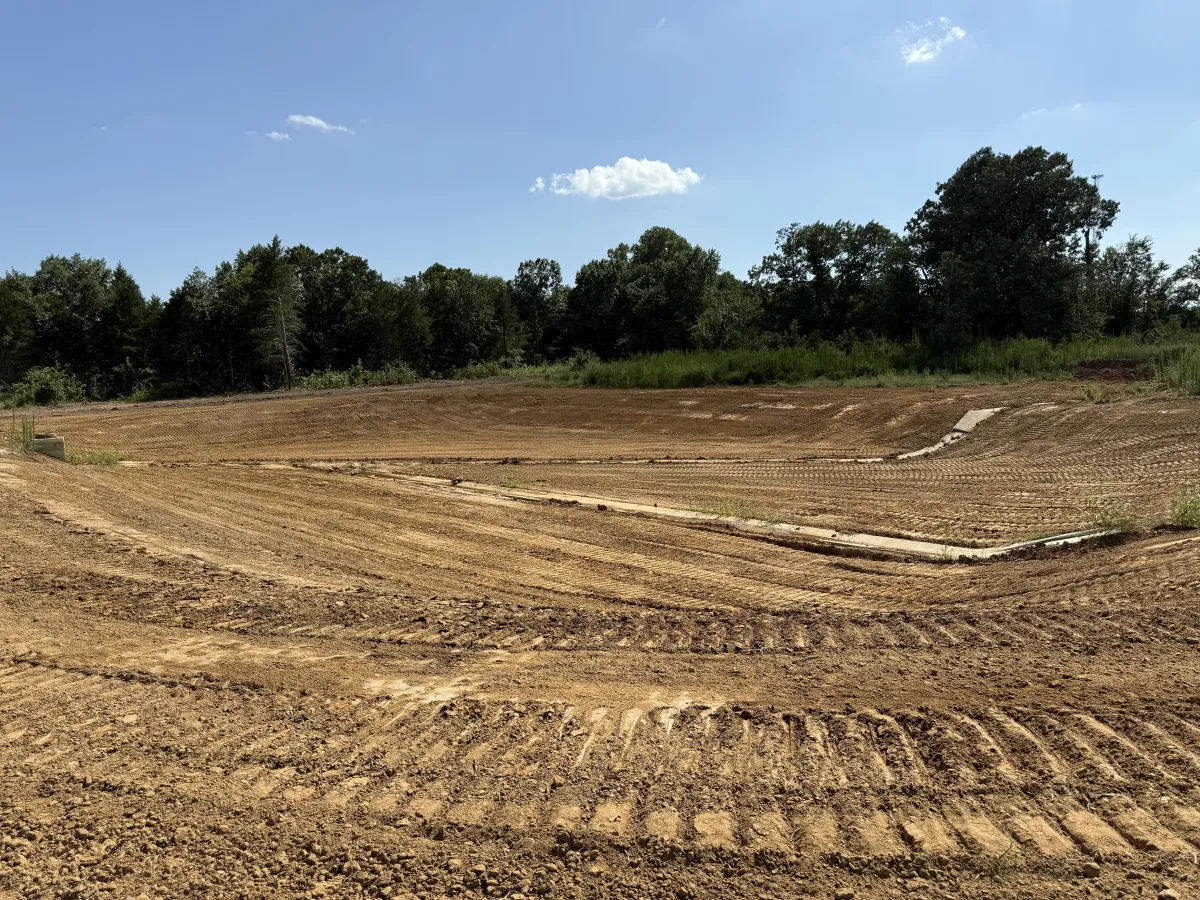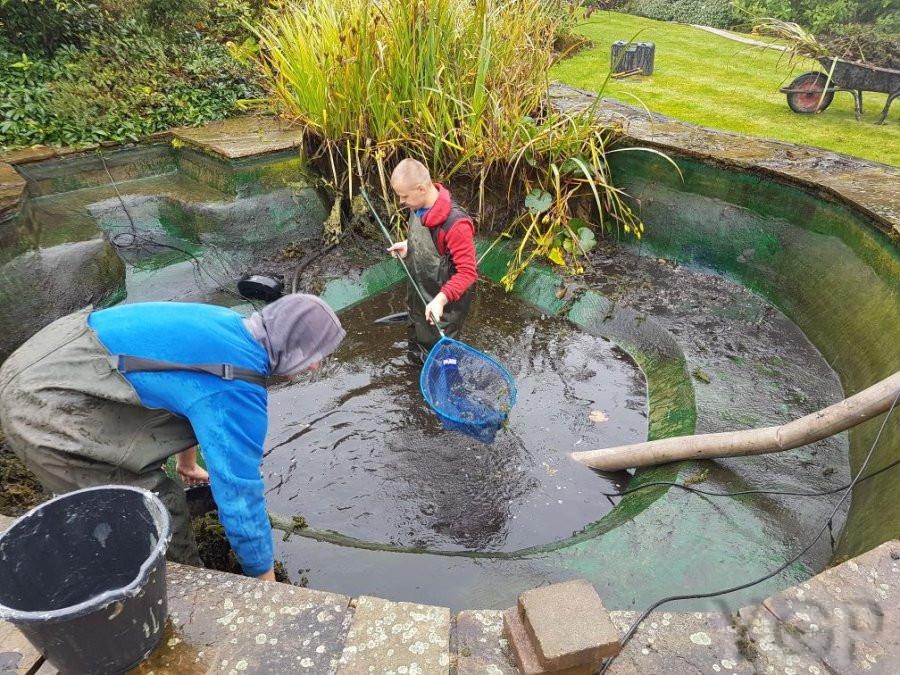
Grading vs Leveling: Choosing the Right Service in Bowie, TX and Surrounding Areas
When preparing land for construction or landscaping, choosing between grading and leveling is essential for creating safe, durable, and functional surfaces. In Bowie, TX, and nearby towns such as Nocona, Wichita Falls, Denton, Gainesville, Jacksboro, Fort Worth, Weatherford, Burkburnett, and Breckenridge, professional contractors offer tailored solutions to meet soil conditions, drainage needs, and project goals. Understanding the differences between grading and leveling helps property owners make informed decisions for both residential and commercial projects.
What Is the Difference Between Grading and Leveling?
Grading reshapes the land’s surface to ensure proper drainage, slope stability, and foundation support, while leveling focuses on creating a flat, even surface often used for landscaping, patios, or small structures. Both services are important, but the right choice depends on whether the project requires water management and structural preparation through grading or a smooth, uniform surface through leveling.
Why Is Grading Important for Construction in North Texas?
Grading is especially vital in areas like Wichita Falls, Fort Worth, and Denton because it prevents water from pooling near foundations, reduces erosion, and ensures long-term structural stability. Proper grading also prepares sites for utilities, driveways, and road construction. Without it, properties face risks such as foundation cracks, flooding, and unstable soil conditions.
When Is Leveling the Right Choice?
Leveling is most often used in residential projects across Gainesville, Jacksboro, and Weatherford where homeowners want flat lawns, landscaped gardens, or smooth bases for patios, sheds, and other outdoor structures. It provides a polished finish that enhances property aesthetics and usability, creating functional spaces that are ready for immediate use.
How Do Contractors Perform Grading and Leveling?
Contractors in Bowie and surrounding areas use specialized equipment to complete grading and leveling efficiently. Large-scale grading often requires heavy machinery such as dozers, graders, and skid steers, while smaller leveling jobs may rely on compact machinery or even manual tools. In cities like Fort Worth and Denton, advanced technology such as GPS-guided grading is frequently used to ensure precision and accuracy.
Which Service Is Best for Drainage Control?
Grading is the best choice when drainage is a concern. In towns like Burkburnett, Breckenridge, and Nocona, where heavy rainfall and uneven soil are common, grading directs water away from structures and landscapes to prevent damage. Leveling, on the other hand, creates smooth surfaces but does not adequately manage water flow on its own, making grading the more effective solution for drainage needs.
What Are the Costs of Grading vs. Leveling in Bowie, TX?
The cost of grading and leveling depends on factors such as site size, soil condition, and equipment requirements. Grading generally costs more because it involves reshaping land and correcting drainage issues, while leveling is usually more affordable but may require additional grading if water management is necessary. Contractors in Bowie, Weatherford, and Wichita Falls often provide on-site evaluations to give accurate and transparent cost estimates.
Can Grading and Leveling Be Combined?
Yes, grading and leveling are often combined for comprehensive results. Many projects in Denton, Fort Worth, and Gainesville require grading to establish proper drainage and structural stability, followed by leveling to create smooth, functional surfaces for landscaping or outdoor structures. Using both services together ensures projects are both structurally sound and visually appealing.
Why Hire Professionals Instead of DIY?
Hiring professionals in Bowie, Nocona, or Jacksboro saves time, ensures compliance with local building codes, and provides long-term results. Contractors understand the unique soil conditions in North Texas and have access to the right machinery and expertise to handle both grading and leveling effectively. Attempting these projects as a DIY task can result in uneven land, poor drainage, and expensive repairs in the future.
Final Thoughts
In Bowie and surrounding areas—from Wichita Falls to Fort Worth and from Gainesville to Breckenridge—the decision between grading and leveling depends on your specific project needs. Grading is essential for drainage control and stable foundations, while leveling creates smooth, flat surfaces ideal for landscaping and outdoor living spaces. In many cases, both services work together to provide durability and visual appeal. Partnering with experienced local contractors ensures the project is completed safely, efficiently, and tailored to North Texas conditions.

How long does a typical grading or leveling project take in Bowie, TX?
The timeline depends on the project size and soil condition. Small residential leveling jobs can often be completed in a day, while large-scale grading projects in areas like Fort Worth or Denton may take several days to a week.
Do grading and leveling require permits in Texas?
Yes, in many towns including Wichita Falls and Castle Rock, permits may be required for grading projects that affect drainage, utilities, or property boundaries. Contractors usually handle the permitting process to ensure compliance.
Can grading and leveling improve property value?
Absolutely. Proper grading protects foundations and prevents water damage, while leveling creates usable outdoor spaces. Homes in Denton, Gainesville, and Weatherford with well-maintained landscapes and stable foundations often see higher resale value.
What type of equipment is used for small residential leveling projects?
For smaller projects in places like Jacksboro or Nocona, contractors may use compact skid steers, mini-excavators, or manual grading tools. Larger commercial projects in Bowie or Fort Worth typically require dozers, graders, and GPS-guided equipment.
How do soil conditions in North Texas affect grading and leveling?
Soil conditions vary widely across Bowie, Wichita Falls, and Burkburnett. Clay-heavy soils may require deeper grading for stability, while sandy soils in areas like Breckenridge need additional compaction. Professional contractors assess soil type before starting work.
